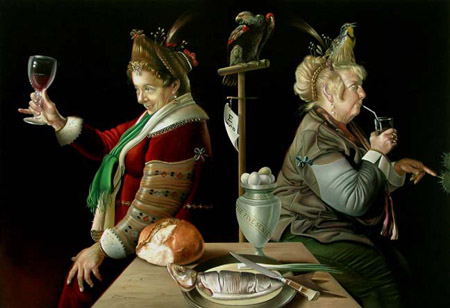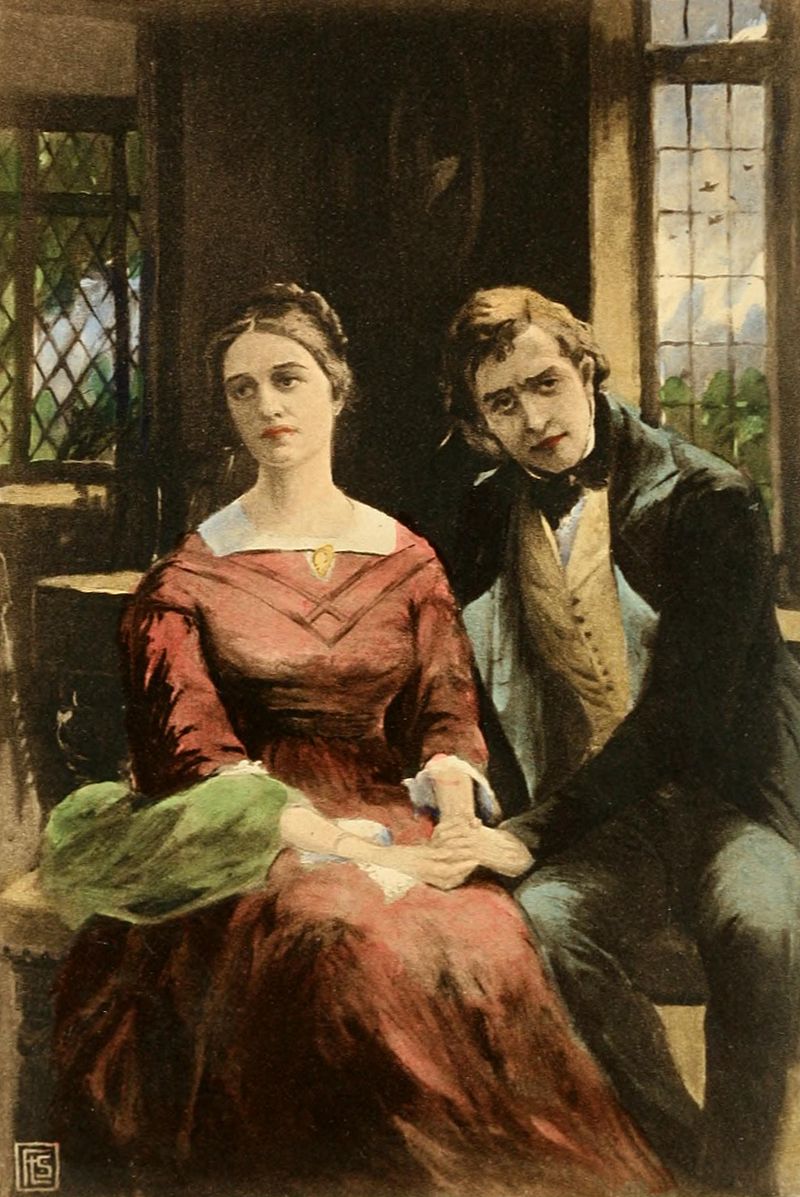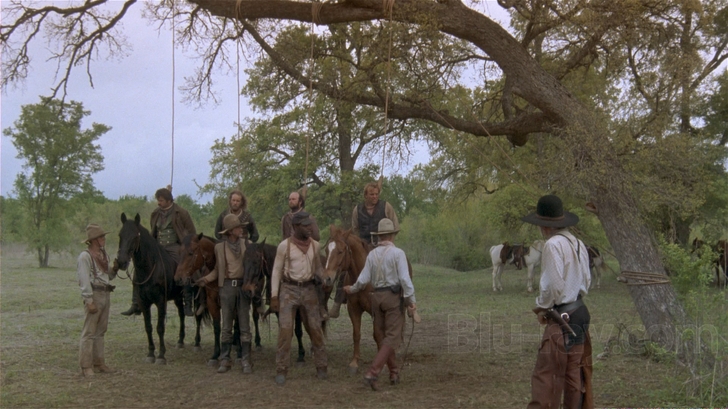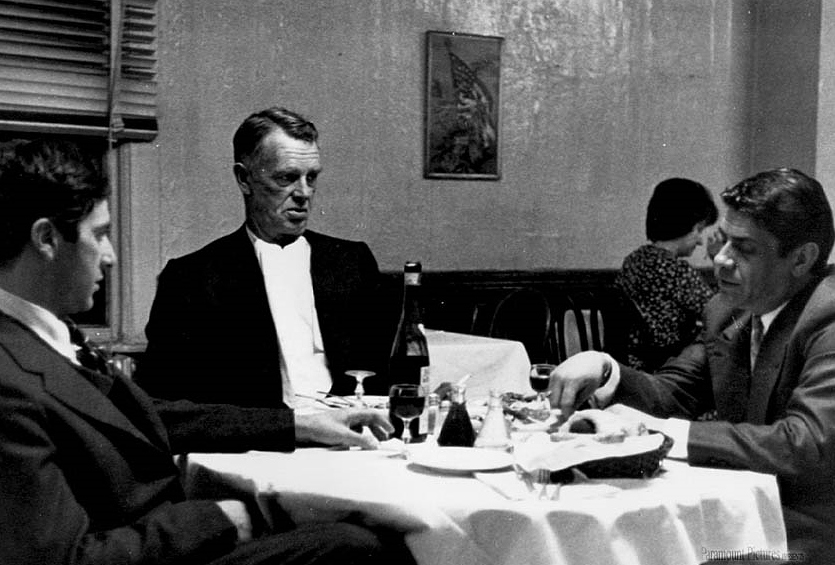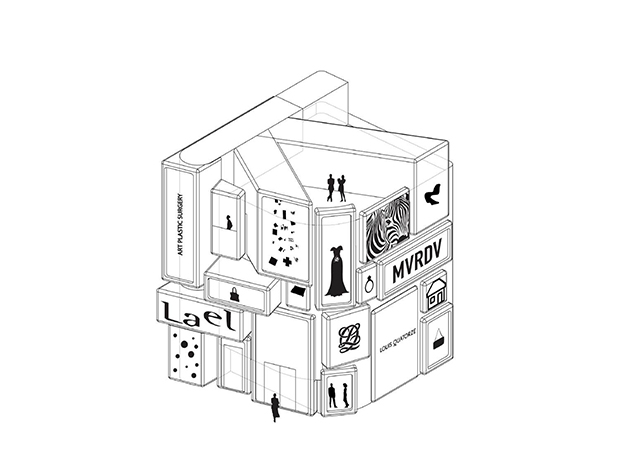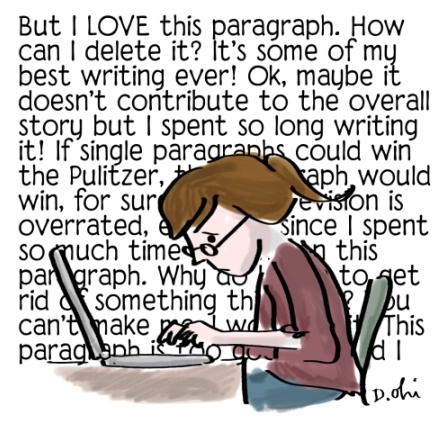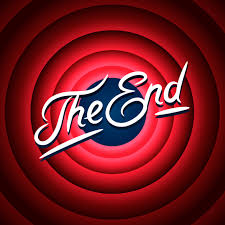Spring 2019
Novel Writing Workshop -- WRIT1-CE9357
Meredith Sue Willis Home Syllabus
Various NYU policies Individual Presentation Dates for Critiquing
Some Optional ReadingsCheck this site frequently for changes in readings
and for optional informationupdated 5-9-19
Class is finished--
Great Good Luck on your Novels!
Optional text: Ten Strategies to Write Your Novel by Meredith Sue Willis.
Available from the NYU Bookstore, the publisher, and the usual online suspects.
Click Here for Novel Writing Current Week
Do you know these novelists?
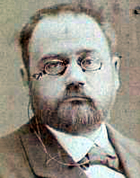

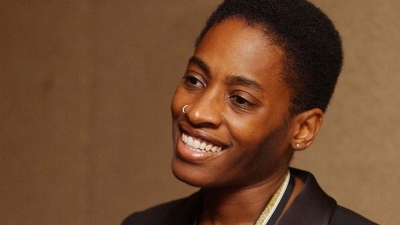
Émile Zola Lisa Ko Jacqueline Woodson
Class is now back on 22nd Street
Class start time: 6:30 PM
From Nikolas: A piece from The Guardian on adverbs
Found a link to this in the Guardian piece: I really dislike pontification. Jonanthan Franzen's pronouncements.
Check out class member Suzanne Martinez's new website
Nonevaluative Grade Information:
if you don't want a grade, you must follow these instructions.Getting early readers for your manuscript: don't miss the section on special "sensitivity" readers and the responses in comments!
Do you need ideas for starting yourf novel?
Check out MSW's article online from The Writer "How to Get a Novel Started."John Attanas drew our attention to this years SCBWI New Jersey conference for children's and Y.A. Writers. Check it out here.
A critique of the workshopping with a silent author by Beth Nguyen
NYU WRIT1-CE9357
Novel Writing (Spring 2019)New York University Spring 2019
February 27, 2019 - May 8, 2019 (No class April 24, 2019)
Wednesdays, 6:30 PM - 8:50 PM
Manhattan Village Academy, 43 W. 22nd Street, Room 221 A
Instructor: Meredith Sue Willis
E-mail: MeredithSueWillis@gmail.com
Homepage: Meredith Sue Willis
Miscellanea
Creative writing assignment about one way to get restarted on a project
Piece on Reedsy about getting early readers for your manuscript: don't miss the section on special "sensitivity" readers and the responses in comments!
The Raised Relief Map-- a drafting technique for creative writers
Barbara Kingsolver's five writing tips.
My latest favorite opening line: J.G. Ballard's High Rise begins: " LATER, AS HE sat on his balcony eating the dog, Dr. Robert Laing reflected on the unusual events that had taken place within this huge apartment building during the previous three months...."
Quotation of the day: To all the devils, lusts, passions, greeds, envys, loves, hates, strange desires, enemies ghostly and real, the army of memories, with which I do battle—may they never give me peace.
-Patricia Highsmith, diary entry
Old fashioned quotation of the day: A novel should give a picture of common life enlivened by humour and sweetened by pathos.
- Anthony Trollope in An Autobiography
Novel Writing Workshop Syllabus
Business--Schedule of Classes
Business
This class welcomes beginning novelists, but is also aimed at writers who are well-underway on a novel and need further discussion and stimulation to continue or restart. We will cover a lot of basics fast, beginning with a survey of common terms for discussing novels and a look at novel structure in general. If you feel you need more of the basic terminology and ideas, please take a look at the teacher's book, Ten Strategies to Write Your Novel.
During the course, you may bring a total of up-to 50 manuscript pages for critique (some of these pages will be for the whole group, some only for the teacher).
For those with longer or revised manuscripts, this course may be repeated.
This syllabus will be updated regularly online, so please check this web page at least once a week. Access to the website is also available from MSW's home page. Look at the top left.
Please be prepared to discuss the work of classmates when they present. Assignments are optional and go only to MSW. Anything you turn in to MSW, however, including the presentation pieces and optional homework, counts towards the total of 50 pages to be reviewed during the semester.
All writing and presentation selections should be from the novel you're working on.
You will receive a grade for this course unless you request a NonEvaluative mark. For the Non-Evaluative, please see the attached form. A copy of this request must be filed with the department. Send it by email to lc9@nyu.edu.
No letter grade will be given below a B. To earn a B, you must complete 50 pages to the professor's satisfaction plus present work for critiquing by the class at least once. To earn an A, you must complete the 50 pages, present work for critiquing by the class at least twice, show evidence of having done any outside reading, plus participate fully in class discussions.
It should be noted that all NYU policies on academic integrity, i.e., plagiarism, are fully in effect in this course. For various NYU policies, click here.
Disclaimer: Syllabus is subject to change due to current events, guest speaker schedule changes, and/or level and interests of students.
Schedule of Classes
Session 1. 2-27-18
Assignments: For the first session, please bring 15 copies of a one page summary or outline of the novel (and if you are just beginning, do this as a hypothesis) plus the first page to give everyone in the class a taste of your prose style. This is a total of two pages (two-sided is fine) with enough copies for the whole class, @ 15.
Reading Assignment (optional): In Ten Strategies to Write Your Novel, read "Strategy 1: Separate Process and Product."In Class Discussion:
Structure of the course and structure of the novel.
Everything is built with concrete observation and sense details.
Common vocabulary--Process versus product, pacing, when to dramatize, when to elide.
Essential importance of Point of View in all fiction.
Scene and summary. What is Scene? Why is it important? The building block ofnovels.
How do we evaluate fiction? What do you read? What kind of feedback do you find most useful?
What do you need from this course?
SCHEDULE PRESENTATIONS FOR CRITIQUE.
Session 2. 3-6-19
Writing Assignment: A passage with all the elements of a good scene: dialogue, action, drama (see the pulp cover to the right) narration, maybe
internal monologue-- and lots of sense details! (Click here to find out who "Claire Morgan" really was).
Remember: it's your choice to do the assignments or substitute, but everything should be from your novel, and the total number of pages you may turn in for response from the instructor is 50 (that includes pieces presented to the whole group.)
Reading Assignments:
Material online on Scene if you haven't read it yet.
(optional) Read two chapters in Ten Strategies, "Strategy 2: Taste It, Touch It Smell It..." and "Strategy 4 Find Where You Stand--Point of View."
Also, take a look at http://www.meredithsuewillis.com/materials.html#povsamples and http://www.meredithsuewillis.com/materials.html#presenttense.
Look over conventional editorial marks.
In Class discussion: More on point of view and the essential importance of concrete language in fiction.
INDIVIDUAL PRESENTATIONS BEGIN. (See Schedule below).
Session 3. 3-13-19
(images described below)
Assignment:: A scene with a lot of people in it-- a group scene. This might be a party; a battle; a bar; a church dinner; a class; a museum or stadium or other public space; or other. Use some of the people as part of the setting: colorful clothes? a mass of unfamiliar faces? Think about the point of view of this scene: is it
being told by someone in the midst of it or from a great distance? Is it first seen in full, as a long shot? Or is it first seen up close, from one character's sense of being lost in the crowd? Or is the point of view from the speaker's platform, from the point of view of someone who is carrying out a subversive act?
Also, do bring in the novel structure worksheet that was handed out in class.
Reading Assignment (optional): (NOTE: the chapters in Ten Strategies to Write Your Novel aren't assigned in order) If you haven't already, be sure to read the two chapters in Ten Strategies from last week: "Strategy 2: Taste It, Touch It Smell It..." and "Strategy 4 Find Where You Stand--Point of View."
Also, read these notes on Grounding and the logistics of crowd control. Also, take a look at http://www.meredithsuewillis.com/materials.html#povsamples and http://www.meredithsuewillis.com/materials.html#presenttense.
In Class discussion: Structural worksheets; your summaries.
PRESENTATIONS (Schedule below)
No Class March 20, 2019
Session 4. 3-27-19
Assignment: Write a scene focused on dialogue--and the things in dialogue besides the words said.
Reading Assignment (optional): Ten Strategies, "Strategy 5: Master Dialogue and Scene."Also read the material on dialogue at: Dialogue Tags ; Types of Discourse; and " Dialogue: The Spine of Fiction." (article by MSW about dialogue online). To learn techniques for writing inner dialogue, see The Editor's Blog on choices for writing "Inner dialogue." For a more concise version of this information, see Grammar Girl.
In Class discussion: Finish discussion on how our novels are going.
PRESENTATIONS (Schedule below).
Session 5. 4-3-19
Take a look at "Characteristics"-- some ideas for making a list of things about characters to help develop them.
Assignment: Write a scene focused on a minor character.
Reading Assisgnments (optional): If you have Ten Strategies, read from Chapter 5, starting p. 62, "Dialogue Problems;" Also take a look at "Strategy 9: Master Logistics."
Reading Assignment Links: Excerpt from Trespassers. and brief notes on minor characters if you haven't read them yet.
In Class discussions:
"Characteristics"
A novel you find instructive, that is, useful for learning techniques of novel writing. It isn't necessarily your favorite novel.
PRESENTATIONS (Schedule below).
Session 6. 4-10-19
Assignment: Write a scene that uses a technique common to both narrative and film (establishing shot, lighting, jump cut, etc.). Take a look at useful film terms and Close-up/longshot.
Reading Assignment (optional): Ten Strategies, "Strategy 7: Use Film Techniques." Check out these notes on using the present tense in narrative. For more on writing physical action , take a look at this passage from one of my novels in which a character is at a political demonstration.
In Class discussion: Thoughts on structuring novels. Read some here online.
PRESENTATIONS (Schedule below).
Session 7: 4-17-19
Assignment: Prepare an outline. This can be sentences or a formal Roman Number outline or a chronology--or even a drawing or map of your book. You may always substitute pages of your novel.
Reading Assignment (optional): Ten Strategies, , "Strategy 6: Structure Your Novel." Check especially starting p. 96 "The Best Time to Start Outlining."
Check out this summary of how you structure Multi-plot novels.
In Class discussion: Obstacles and rejections. A life in writing.
PRESENTATIONS (Schedule below).
Session 8. 4-24-19MAKE-UP CLASS: CHANGE OF LOCATION THIS NIGHT ONLY--CLASS MEETS AT
Midtown Center, room 1025
11 W 42nd St, New York, NY(This class is a make-up for March 20)
Assignment: Write a scene that uses a technique that is especially successful in fiction (interior monologue,
memory, word play, flashback, summary, playing with time, etc.) .Read flashback note here.
Reading Assignment (optional): In Ten Strategies, read "Strategy 3: Explore Characters from the Inside Out." and "Strategy 8: Doing What Novels Do Best"
Here are some things to do as you get closer to being ready to market your novel:
Get on this list for regular email offerings of places to submit work. Simply send an email to CRWROPPS-B@yahoogroups.com.
Go on Facebook and search for "Calls for submissions (poetry, fiction, art.)" Sign up to get notices.
Here's some online information about submitting and marketing your work in the age of e-books and self-publishing:
Notes on various kinds of publishing at Publishing Types and Print on Demand.
See blog post by Veronica Sicoe on why she self-publishes and
a Wall Street Journal article about Marlen Bodden, a former student in one of my novel classes who first self-published-- and then had her book picked up by a commercial press. Note: self-publishing should never be you first choice, but it should be on your list of possibilities.
Look at the resources at Draft Notes on Getting Published
PRESENTATIONS (Schedule below).
Session 9. 5-1-19
Assignment: A revision based on comments in this class. Include notes from MSW and class members for comparison.
Reading Assignment (optional): Ten Strategies, "Strategy 10: Revise Your World." Also take a look at my article Seven Layers to Revising Your Novel ( from The Writer (November/December 2012, Vol. 125, Issue 11).
In Class discussion: How we revise novels-- keeping our writing going.
PRESENTATIONS (Schedule below).
No material accepted for feedback after this date.
Session 10. 5-8-19
PRESENTATIONS (Schedule below) AND FAREWELLS!
Reading Assignment (optional): How some contemporary writers revise (from Lit Hub)
Also, if you haven't yet, look at Ten Strategies, "Strategy 10: Revise Your World" and at my my article Seven Layers to Revising Your Novel ( from The Writer (November/December 2012, Vol. 125, Issue 11). Optional: n another approach to structuring and restructuring your novel: a short version of the Hero's Journey.
All assignments should be PART OF YOUR NOVEL. You may substitute any short section for the assignments, keeping in mind that the total submitted to MSW may not be more than 50 pages..
Patricia Highsmith wrote Carol as The Price of Salt by Claire Morgan in 1952.
Image with Session 3 is scene of a man in the final stages of alcoholism in Zola's L'Assommoir.
Image with Session 4 is of Dorothea and Will from George Eliot's Middlemarch.
Image with Session 5 is from movie version of Lonesome Dove.
Image with Session 6 is from The Godfather.
Image with Session 8 is Peter Lorre in M.
Image with Session 9 is from inkygirl.com
Other images are stock photos or borrowed.
Don't forget: if you are reading one week, bring copies for the class the week before.
Session 2. 3-6-19
Elena Vasilyeva
Alec McCabe
Session 3. 3-13-19
Suzanne Martinez
John Attanas
3-20-19-- NO CLASS
Session 4. 3-27-19
David Martin
Nikolas Kozloff
Ally GouldSession 5. 4-3-19
Janelle McDowell
Vicky Oliver
Adam Dowis
Session 6. 4-10-19
David 2
Lena 2
Madison 1Session 7. 4-17-19
Alec McCabe 2
Suzanne 2
Session 8. 4-24-19
John 2
Vicky Oliver 2Session 9. 5-1-19
Ally 2
Nikolas 2
Adam 2Session 10. 5-8-19
Nancy 1
Madison 2
Janelle 2
Various NYU Policies
Course Description: Beginning with a discussion of the basic elements and structure of novels, the class will include instruction and exercises for those just getting started, as well as a serious exploration of how to organize novels and other long prose narratives for those writers with projects already underway. Writing exercises will cover shaping, establishing tone, exploring character, tightening and enriching dialogue, and working with interior monologue. Topics for discussion will include sustaining interest for the writer as well as the reader, making a place in your life for your novel, and highlighting what novels do that film can't. We will look closely at up to 50 pages of manuscript from each participant. This syllabus will be updated regularly online, so please check this website at least once a week at http://meredithsuewillis.com/nyunovelwriting%20spring%202018.html
Course Prerequisites: Interest in novel writing.
Course Structure/Method: This in-person class uses short homework assignments, in-class writings, class discussion and regular critique. Please check the class website (http://meredithsuewillis.com/nyunovelwriting%20spring%202018.html ) at least weekly for changes.
Course Learning Outcomes: By the end of this course, students will have lengthened their novels and gained insight into how to continue and deepen their fiction.
Communication Policy: Communicate with the teacher via her email: meredithsuewillis@gmail.com. She tries to get back promptly, but is a working writer with family and civic responsibilities.
Course Expectations: Homeworks are due as described on syllabus, but subject to change and substitutions are allowed. See website for updates. Attendance and class participation are expected.
Required and Recommended Material: There are three kinds of required readings: passages from the text Ten Strategies to Write Your Novel as detailed on the syllabus; any student samples for critique that are distributed; certain short readings online.
NYU Policies: NYUSPS Policies regarding the Family Educational Rights and Privacy Act (FERPA), Academic Integrity and Plagiarism, Students with Disabilities Statement, and Standards of Classroom Behavior among others can be found on the NYU Classes Academic Policies tab for all course sites as well as on the University and NYUSPS websites. Every student is responsible for reading, understanding, and complying with all of these policies. The full list of policies can be found at the web links below:
• University: http://www.nyu.edu/about/policies-guidelinescompliance.html
• NYUSPS: http://www.nyu.edu/about/policies-guidelinescompliance.html
School Grading Policies: Graduate, Undergraduate and Non-Degree grading scales are very different. Please provide the link to the grading policy appropriate for your course. The links are listed here.
NYUSPS Graduate http://sps.nyu.edu/academics/academic-policies-and-procedures/graduate-academicpolicies-and-procedures.html#Grades
NYUSPS Undergraduate http://sps.nyu.edu/academics/academic-policies-and-procedures/undergraduateacademic-policies-and-procedures.html#Grades_and_Grade_Point_Averages
NYUSPS Career Advancement (non-degree)http://sps.nyu.edu/content/scps/academics/noncredit-offerings/academic-noncreditpolicies-and-procedures.html NYUSPS Diploma (non-degree) http://sps.nyu.edu/academics/academic-policies-and-procedures/diploma-academicpolicies-and-procedures.html#Good_Academic_Standing
Assessment Strategy: This is an ungraded class for which grades are available if you want them, but the real assessment is through interactive critique of your work. You are expected to attend and participate. To earn a B, you must turn in fifty pages, attend 8 of 10 sessions, and present your work at least once as well as showing evidence of having read other students' work. To earn a B, you must turn in fifty pages, attend at least 9 of ten sessions, and present your work at least twice to the group as well as respond and show evidence of having read the other students' work.
Subscribe to Meredith Sue Willis's Free Newsletter
for Readers and Writers:
Please fill in your e-mail address
to receive Books For Readers NewsletterE-mail address: Subscribe Unsubscribe
Send mail
• What's On This Site • Information about MSW • Resources for Writers • Tips for Writers
• Samples of MSW's Writing • Articles for Writers • For Teens • News About MSW • For Kids
• For Teachers • Home • MSW's Books • Newsletter • Free Writing Exercises • Online Writing Classes
Home
